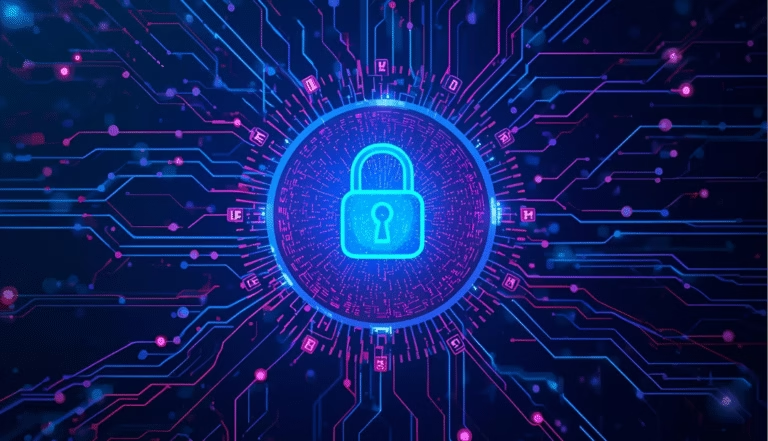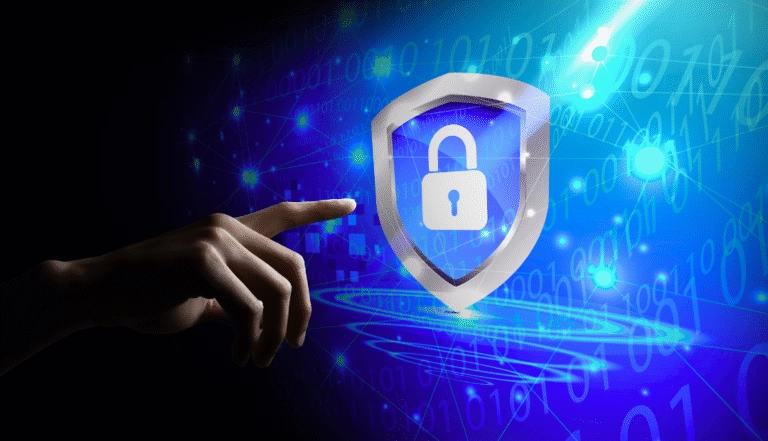Table of Contents
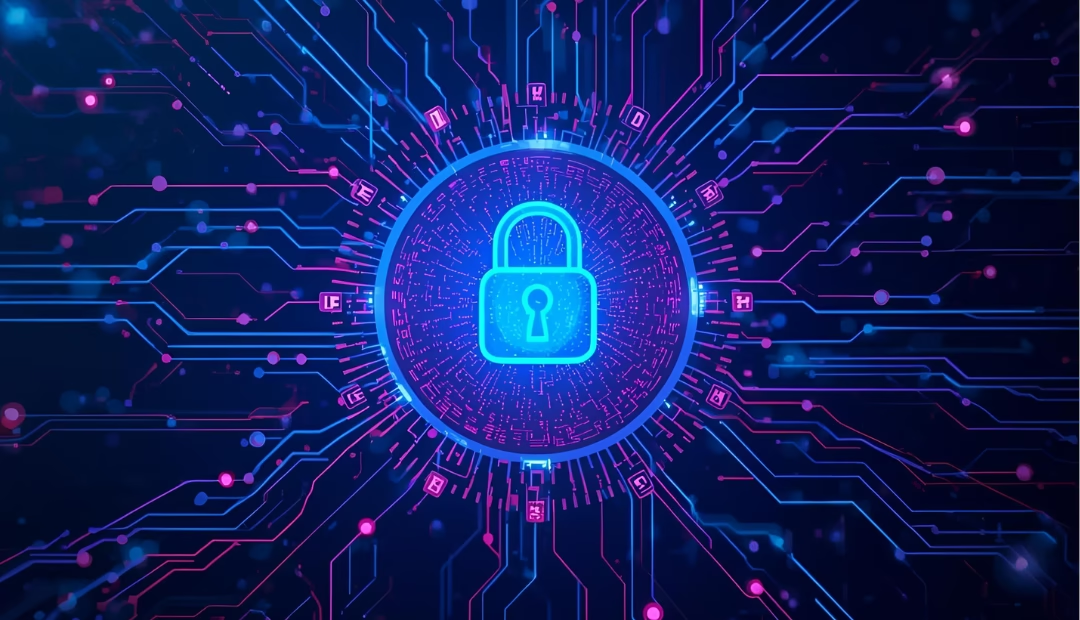
Email Spoofing Attacks: How SPF, DKIM, and DMARC Fail
Email Spoofing Attacks: How SPF, DKIM, and DMARC Fail
Introduction Email remains the most trusted and widely used communication channel for businesses. Invoices, password resets, approvals, and internal conversations all rely on it. However, this trust is exactly what
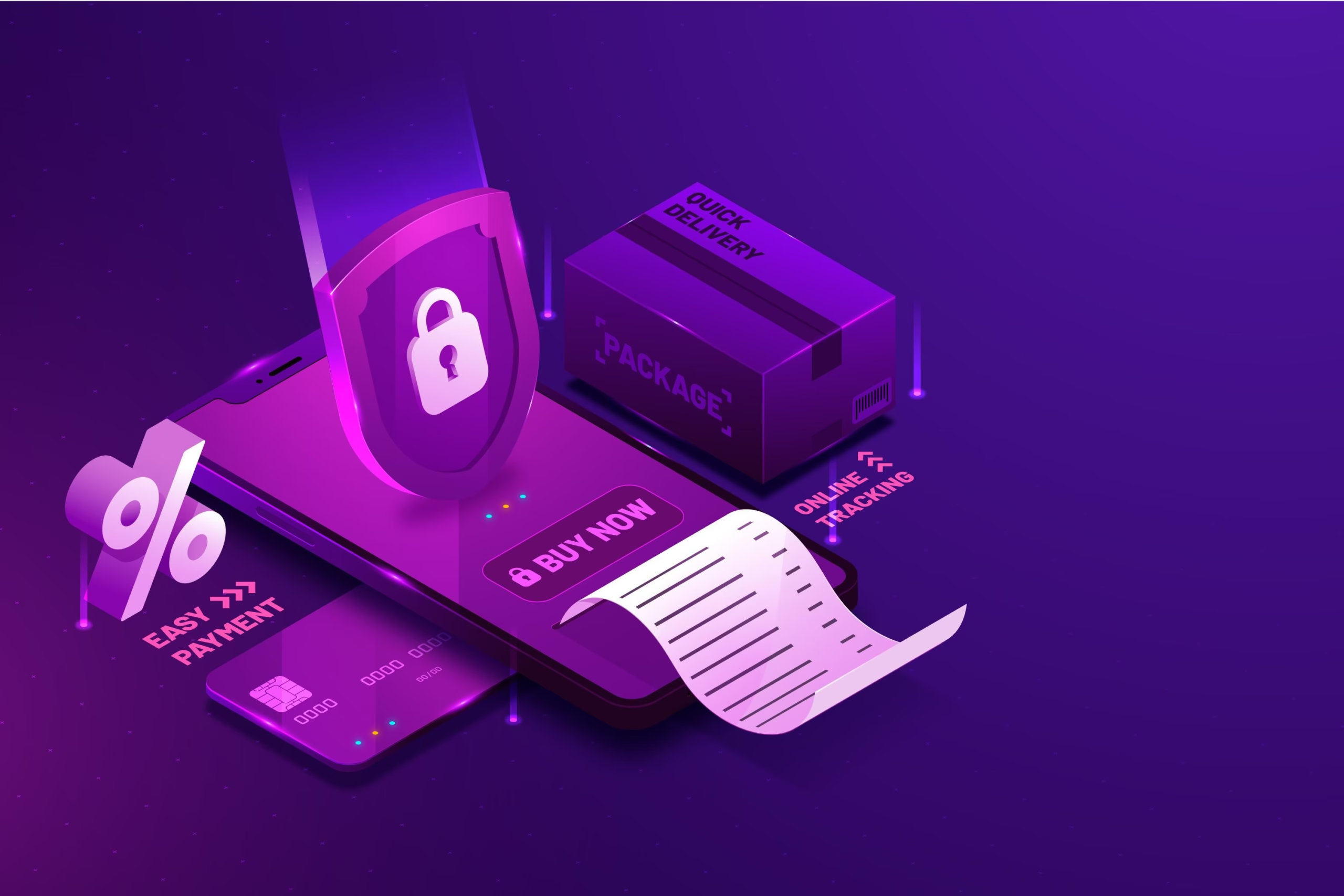
The Future of Digital Payments in 2026: Security Challenges for Cashless Cities
The Future of Digital Payments in 2026: Security Challenges for Cashless Cities
Introduction Cities around the world are moving rapidly toward cashless ecosystems. Mobile wallets, contactless cards, QR-based payments, and instant transfers have become part of daily life. In 2026, digital payments

CSRF Attacks Explained: How Trusted Sessions Get Hijacked
CSRF Attacks Explained: How Trusted Sessions Get Hijacked
Introduction CSRF attacks continue to be one of the most misunderstood yet dangerous web security issues. In a Cross-Site Request Forgery attack, the system does not break authentication or steal

The Human Side of Cybersecurity in 2026: How Everyday Digital Habits Drive Cyber Risk
The Human Side of Cybersecurity in 2026: How Everyday Digital Habits Drive Cyber Risk
Introduction Cybersecurity is often described as a technical challenge. Firewalls, endpoint protection, encryption, and monitoring tools usually dominate the conversation. However, in 2026, most successful cyber incidents do not begin

Shadow IT Explained: How Unapproved Cloud Apps Create Hidden Security Gaps
Shadow IT Explained: How Unapproved Cloud Apps Create Hidden Security Gaps
Introduction Modern workplaces depend heavily on cloud applications. Employees collaborate, share files, automate tasks, and manage projects using digital tools every day. However, not all of these tools are approved
Pages
- About Us
- Vulnerability Assesment & Penetration Testing
- UAE Data Privacy
- KSA PDPL implementation and Fines
- Continuous Monitoring in Cybersecurity | Cyber Security Monitorring
- Empower Your Business with VCISO Services
- Soc Services
- Cyber Technology
- Security Assessments
- Audit and Compliance
- service
- India
- Cyber Security Framework SAMA
- Training & Skill Development
- Australia
- NESA Audit
- SOC2 Audit
- UAE
- Qatar
- Saudi Arabia
- Geographies
- Privacy Policy
- Penetration Testing
- Managed SOC Services
- Threat Hunting
- Dubai Computer Forensics
- Malware Analysis
- Cloud Security
- Incident Handling And Monitoring Services
- Red Team Assessments
- Mobile Application Audits
- Data Privacy
- ISO 27001
- Cyber Security Expert
- Vulnerability Assessment
- Application Security Auditing
- PCI DSS Compliance
- Privacy Policy-old
- Contact
- Blog
- Home
Categories
- What is Cyber Security?
- Web Application Security Auditing
- Web Application Security
- Web Application Firewall
- Web Apllications Security
- wapt
- Vulnerability Testing and Penetration Testing
- Vulnerability Scanning
- vulnerability assessment and penetration testing
- vapt
- Useful
- Uncategorized
- UAE Cyber Security Company
- top cyber security companies in the UAE
- Top 10 GRC Tools
- SOC UAE
- SOC 2 Certification Cost
- Security
- Red Teaming Services
- Red teaming
- Privacy
- Pentest
- Penetration Testing
- PCI DSS Stands for
- PCI DSS Purpose
- PCI DSS Compliance
- PCI DSS
- News
- new tech
- Most Popular SIEM Tools
- Managed Security Services Provider
- ISO 27001 Consultants in UAE
- ISO 27001 Compliance in the UAE
- General
- cybersecurity regulation
- Cybersecurity
- cyber sercurity firm
- Cyber Security UAE
- Cyber Security Specialist
- Cyber Security Services
- Cyber Security Near Me
- cyber security master
- Cyber Security Jobs in Dubai
- Cyber Security GRC
- Cyber Security Expert
- cyber security course
- Cyber Security Consultant
- Cyber Security Company in Dubai
- Cyber Security Company Dubai
- Cyber Security Company
- Cyber Security Companies
- Cyber Security Basic
- Cyber Security Awareness
- Cyber Security
- Compliance
- Application Penetration Testing
- AI-Powered Cybersecurity
Data security is a critical component in the digital age, encompassing the practice of safeguarding sensitive data from unauthorized access, data breaches, and data loss. It involves implementing security measures to protect data integrity, confidentiality, and availability.

What is Data Security and Why is it Important?
Definition of data security
Data security refers to the practice of securing digital data from unauthorized access, corruption, or theft throughout its lifecycle. This includes implementing security measures such as encryption, access controls, and authentication mechanisms to protect sensitive information.
Importance of data security
Data security is essential to safeguard sensitive information, maintain customer trust, comply with regulations, and prevent financial losses. Without robust data security measures in place, organizations are vulnerable to data breaches, which can have severe consequences for their reputation and operations.
Risks to data if not secured
If data is not adequately secured, it can be exposed to various risks, including unauthorized access, data manipulation, data loss, identity theft, and financial fraud. Data breaches can result in significant financial losses, legal penalties, and reputational damage for organizations.

Types of Data Security Solutions
Common types of data security
Some common types of data security solutions include access controls, firewalls, antivirus software, intrusion detection systems, and encryption techniques. These solutions help protect data from external threats and ensure its confidentiality and integrity.
Data encryption and its role
Data encryption is a method of encoding data to prevent unauthorized access. By encrypting sensitive data, organizations can ensure that even if data is intercepted, it remains unreadable without the decryption key. Encryption plays a crucial role in protecting data both at rest and in transit.
Data masking and its benefits
Data masking involves hiding or obfuscating sensitive information within a dataset to protect its confidentiality. By masking data, organizations can safely use and share information for testing, development, or analytics purposes without exposing sensitive details.
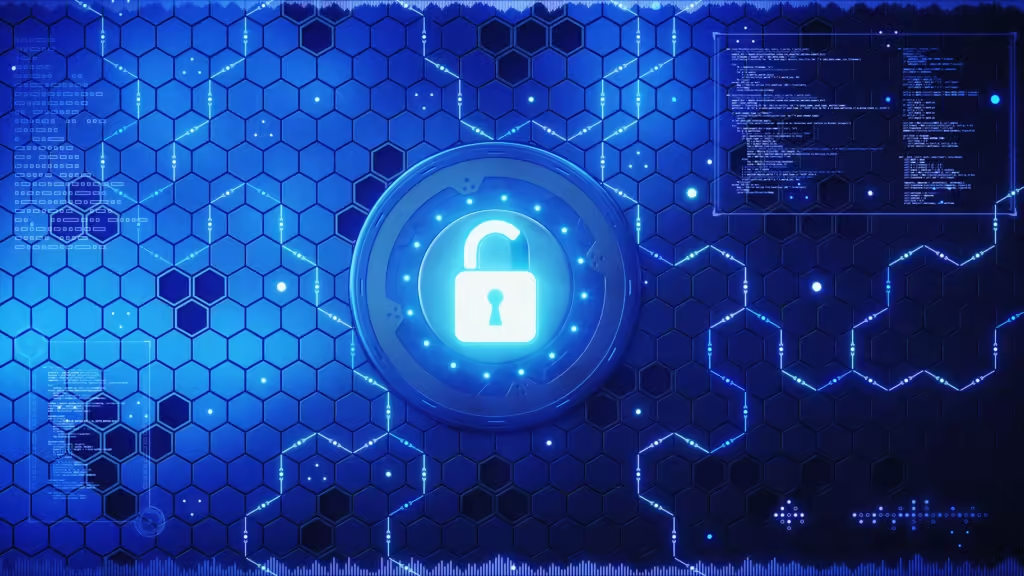
Data Security Best Practices to Follow
Implementing data protection protocols
Organizations should establish data protection protocols that define how data should be handled, stored, and transmitted securely. This includes implementing access controls, encryption, regular security assessments, and incident response plans to mitigate data security risks.
Data backup strategies
Creating regular data backups is essential to ensure data availability and resilience against data loss incidents such as hardware failures, cyberattacks, or natural disasters. Organizations should maintain secure and encrypted backups stored in offsite locations to mitigate risks.
Importance of data erasure procedures
Data erasure procedures are crucial for securely disposing of data that is no longer needed or relevant. By permanently erasing data from storage devices using secure deletion methods, organizations can prevent data breaches and comply with data privacy regulations.

Understanding Data Privacy and General Data Protection Regulations
Data privacy laws and compliance
Data privacy laws regulate how personal data should be collected, processed, stored, and shared. Organizations must comply with data privacy regulations such as the General Data Protection Regulation (GDPR) to protect individuals’ privacy rights and prevent misuse of personal data.
Key elements of the General Data Protection Regulation (GDPR)
The GDPR mandates strict requirements for organizations handling personal data, including obtaining consent for data processing, implementing data security measures, appointing a Data Protection Officer, and reporting data breaches within specific timelines. Non-compliance with the GDPR can result in substantial fines.
Handling personal data securely
Organizations should prioritize safeguarding personal data by implementing robust data security controls, conducting privacy impact assessments, providing data subject rights, and ensuring transparent data processing practices. Secure handling of personal data builds trust with individuals and enhances data privacy.

Technologies and Tools for Secure Data Management
Data encryption and key management
Data encryption technologies such as symmetric and asymmetric encryption algorithms, along with robust key management practices, are essential for protecting data confidentiality. Proper key management ensures secure generation, storage, distribution, and rotation of encryption keys.
Data loss prevention strategies
Data loss prevention (DLP) solutions help organizations monitor, detect, and prevent the unauthorized transmission of sensitive data outside the network. DLP tools use content inspection, contextual analysis, and policy enforcement to prevent data leakage incidents.
Addressing insider threats through information security
Organizations should implement information security measures to mitigate insider threats posed by employees, contractors, or third parties. By monitoring user activities, implementing access controls, and conducting regular security awareness training, organizations can prevent data breaches caused by insider actions.



